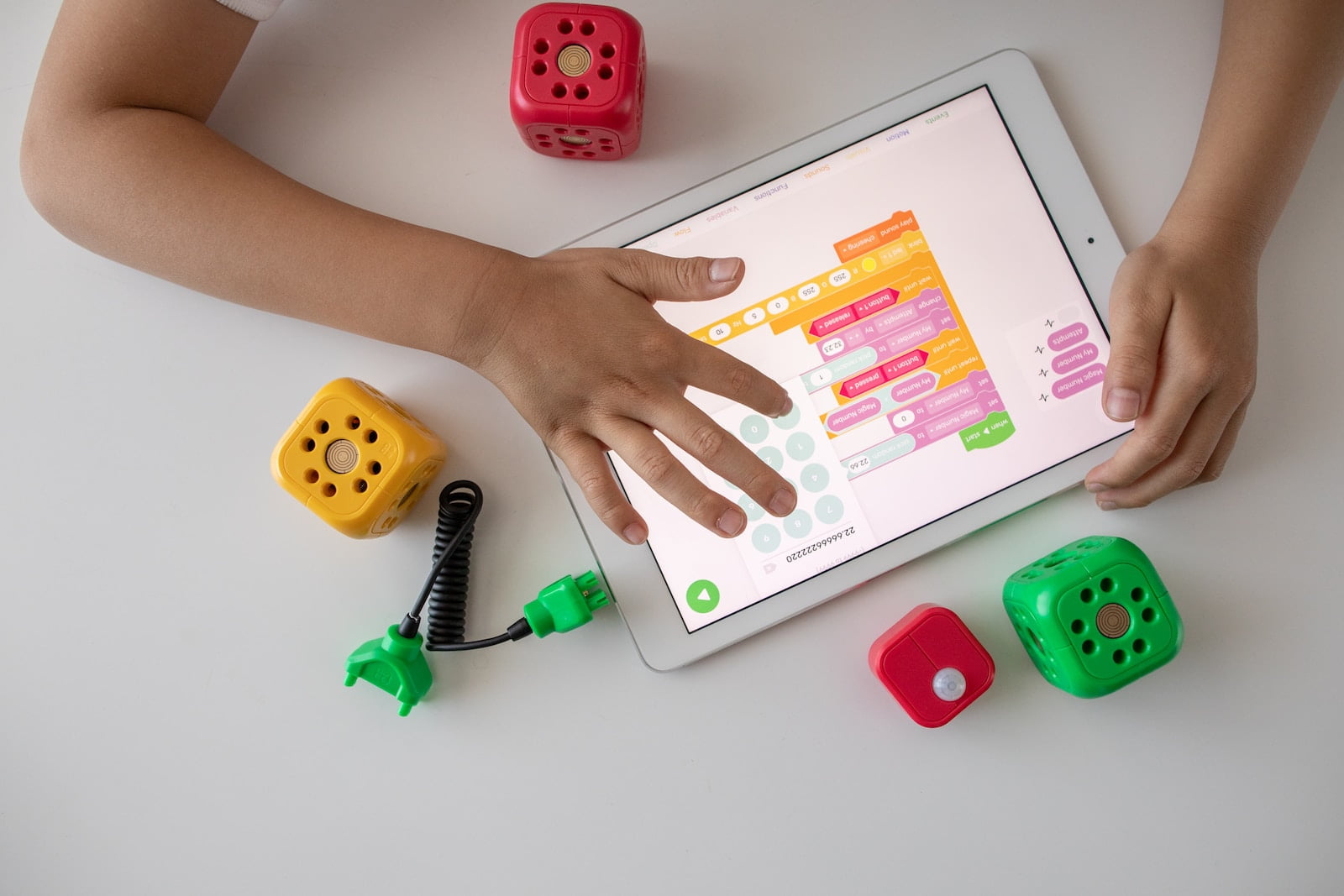
When working with Java, understanding the different variable types is crucial for effective data handling and smooth operations. Java offers a variety of variable types to choose from, each with its own range of values and characteristics.
1. Byte
The byte type is an integer that uses 8 bits, allowing for values ranging from -128 to 127.
2. Short
The short type is an integer that uses 16 bits, with a value range from -32,768 to 32,767.
3. Int
The int type is an integer that uses 32 bits, allowing for a value range from -2,147,483,648 to 2,147,483,647.
4. Long
The long type is an integer that uses 64 bits, with a value range from -9,223,372,036,854,775,808 to 9,223,372,036,854,775,807.
5. Float
The float type is a floating-point number that uses 32 bits, allowing for a value range from 1.4E-45 to 3.4028235E38. Floating-point numbers can have decimal places.
6. Double
The double type is a floating-point number that uses 64 bits, with a value range from 4.9e-324 to 1.7976931348623157e308.
7. Char
The char type stores a single 16-bit Unicode character. It has a value range from ‘u0000’ (or 0) to ‘uffff’ (or 65,535).
8. Boolean
The boolean type is a logical type that can have one of two values: true or false.
In addition to these primitive types, Java also offers reference types such as Strings. The String type can hold string values and has immutable characteristics according to its declaration and use. Once a string object is created, it cannot be changed afterward.
By providing a variety of variable types, Java allows developers to choose the most appropriate type for their data. This flexibility ensures that data is handled effectively and operations are performed smoothly.
RELATED POSTS
View all


